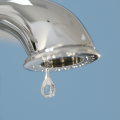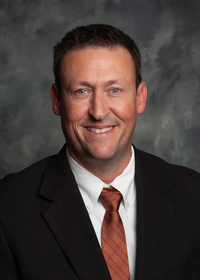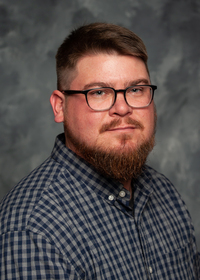SipSafe FAQs
Will you be bringing chemicals into my childcare facility?
No chemicals or other potentially harmful products will be brought to the childcare center at any point during the sampling process.
Will the water in my facility need to be turned off?
No, your water will remain on and will be used as normal on the day of the sampling once sampling is complete.
When will you need to do the water sampling?
We conduct a pre-sample visit the day before sampling. We then schedule a time the next day in the early morning before staff and kids arrive to complete the sampling.
Do you test the water at my facility while you take the samples?
No, the water is tested at an off-site laboratory.
How long will the sampling process take?
The amount of time required depends on the size of your facility. Setting up samples takes 10-30 minutes. On average, pulling samples takes 10-20 minutes.
Does the sampling process cost my facility money?
No! The program will not cost you anything and it is voluntary.
What happens if you find lead in my drinking water that is concerning?
We will set up a time to come back and re-sample the fixtures that showed concerning levels of lead. We do this to try to pinpoint where the problem is located and the potential magnitude. Then, we can walk you and your staff through a simple process that will help decrease lead exposure in your drinking water.
Is there any money available to help fix any problems you may find at my facility?
The Environmental Protection Agency (EPA) plans to release funds to help facilities fix problems related to lead in drinking water in the near future. We are keeping a list of eligible childcare centers and schools that have participated in our program. Funds will be distributed on a first-come, first-served basis.
Publications
News
STARKVILLE, Miss.
A Mississippi State University Extension Service program is organizing a list of qualified child care centers and schools in anticipation of funding for addressing lead in drinking water. Facilities with sample results that show elevated levels of lead in drinking water will be flagged for funding on a first-come, first-served basis in order of participation date and highest levels of lead exposure.
You probably know how dangerous lead is, especially for children. Even low levels can have long term effects on a child’s development. The most important thing you can do is lessen your exposure or avoid lead exposure altogether.





